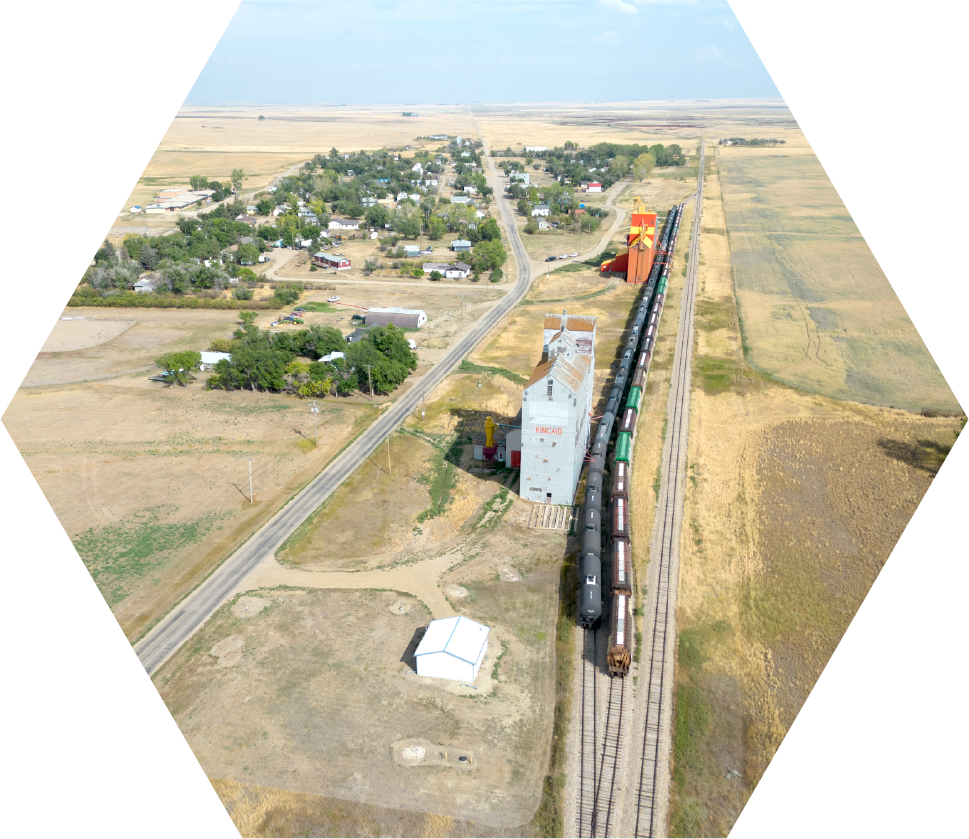ABOUT US
WHO WE ARE
We are an industry association representing 20+ short line railways across British Columbia, Alberta, Saskatchewan, and Manitoba and our rail supplier partners.
Our work supports freight and passenger rail transportation, economic opportunities for rural communities, and rail innovation in Western Canada.
WHAT WE DO
Approximately 20% of rail carloads leaving Canada originated on a short line railway, including agricultural products, fuels, and chemicals.
*source Railway Association of Canada
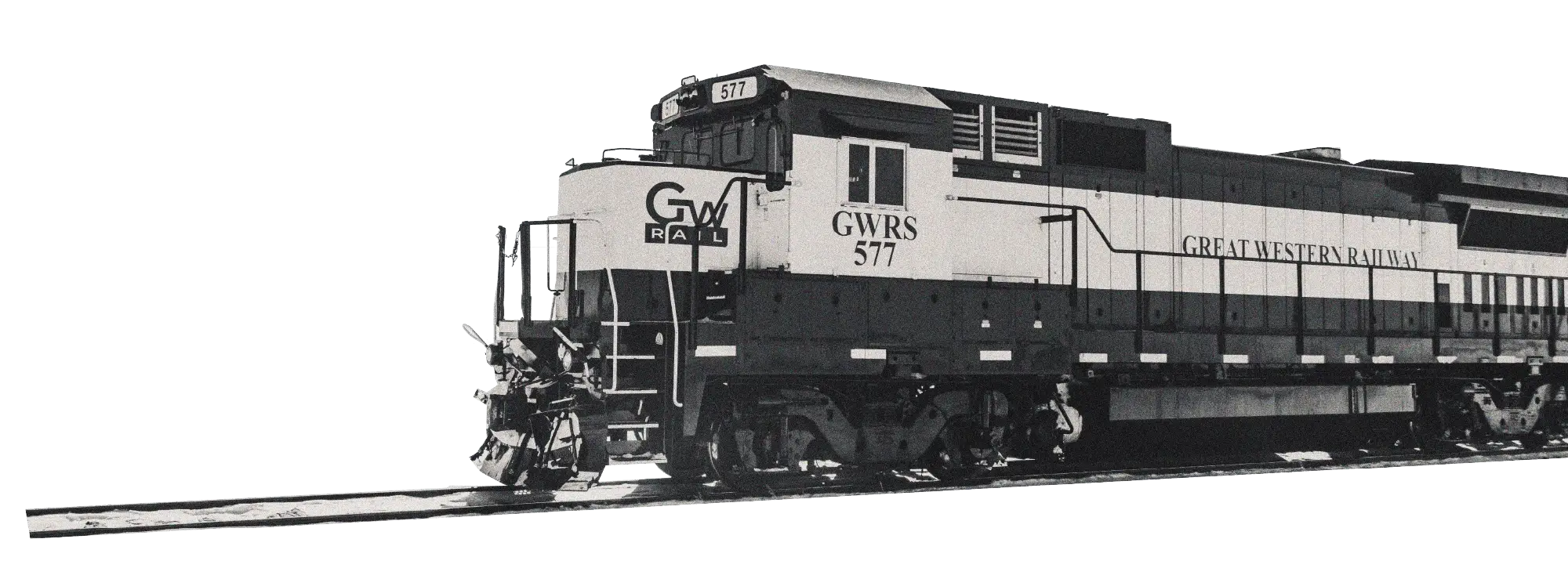
WHERE WE ARE
Short lines operate 24.3% of all rail miles in Saskatchewan. Short line railways provide rail service to 18% of urban municipalities and 26% of rural municipalities across the province.
HOW WE DO IT
In 2015, short lines directly employed 183 people in Saskatchewan, loaded for over 70 small and medium sized businesses and 79 producer loading sites built on short lines, and had a combined expense budget of $31M.
From the jobs created at loading facilities to the products purchased at local stores during a workday, short lines and their employees contribute directly to our local communities.


SAFETY: OUR PRIORITY
Short lines are passionately committed to the safety of our employees and our communities and follow stringent safety protocols.
We are proud of our safety records regarding workplace injuries and dangerous goods handling.
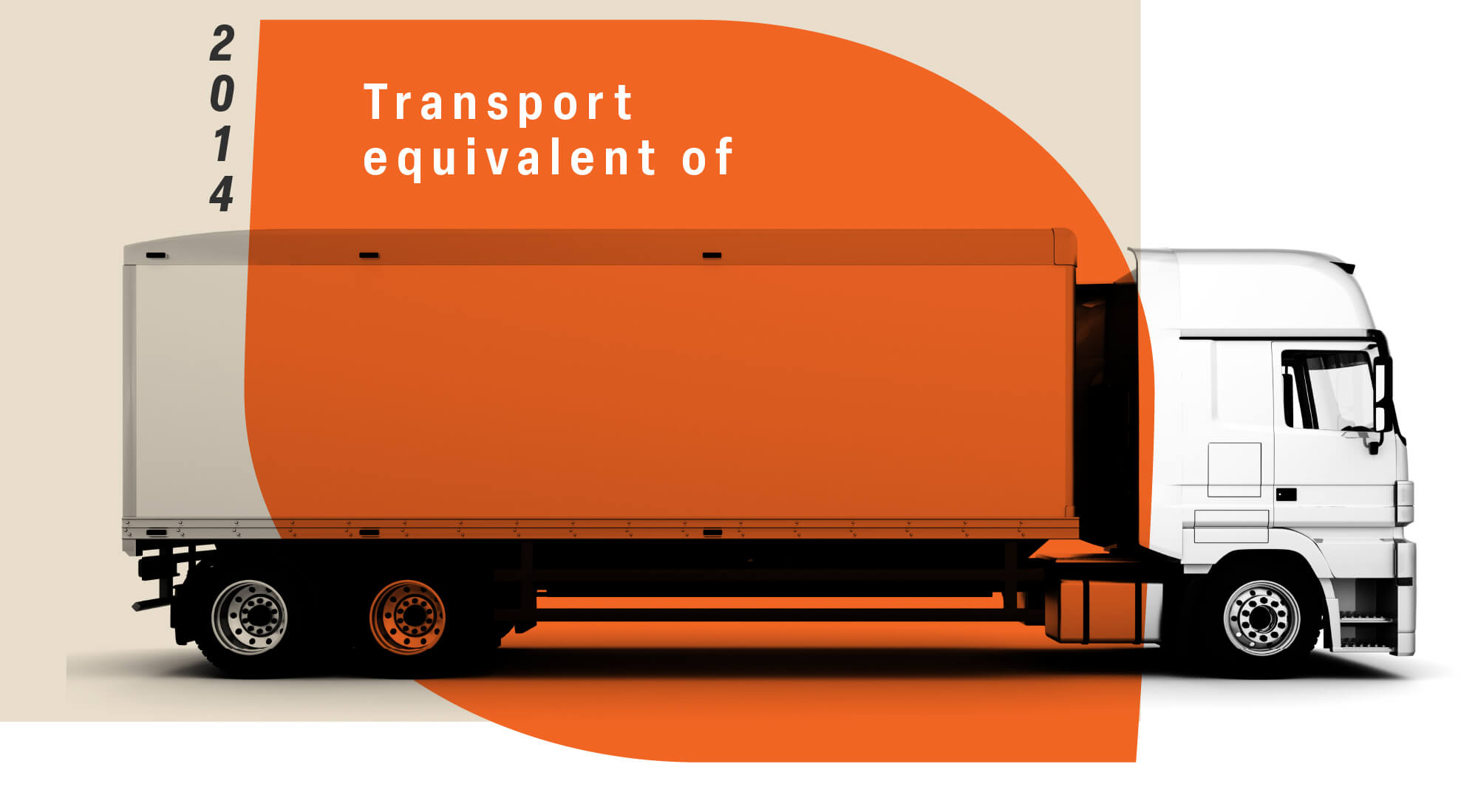
emissions by
ENVIRONMENTAL IMPACT
In 2014, short line railways in Saskatchewan transported the equivalent of 125,661 truckloads of goods, reducing associated greenhouse gas and carbon emissions by an average of 75%.
HISTORY
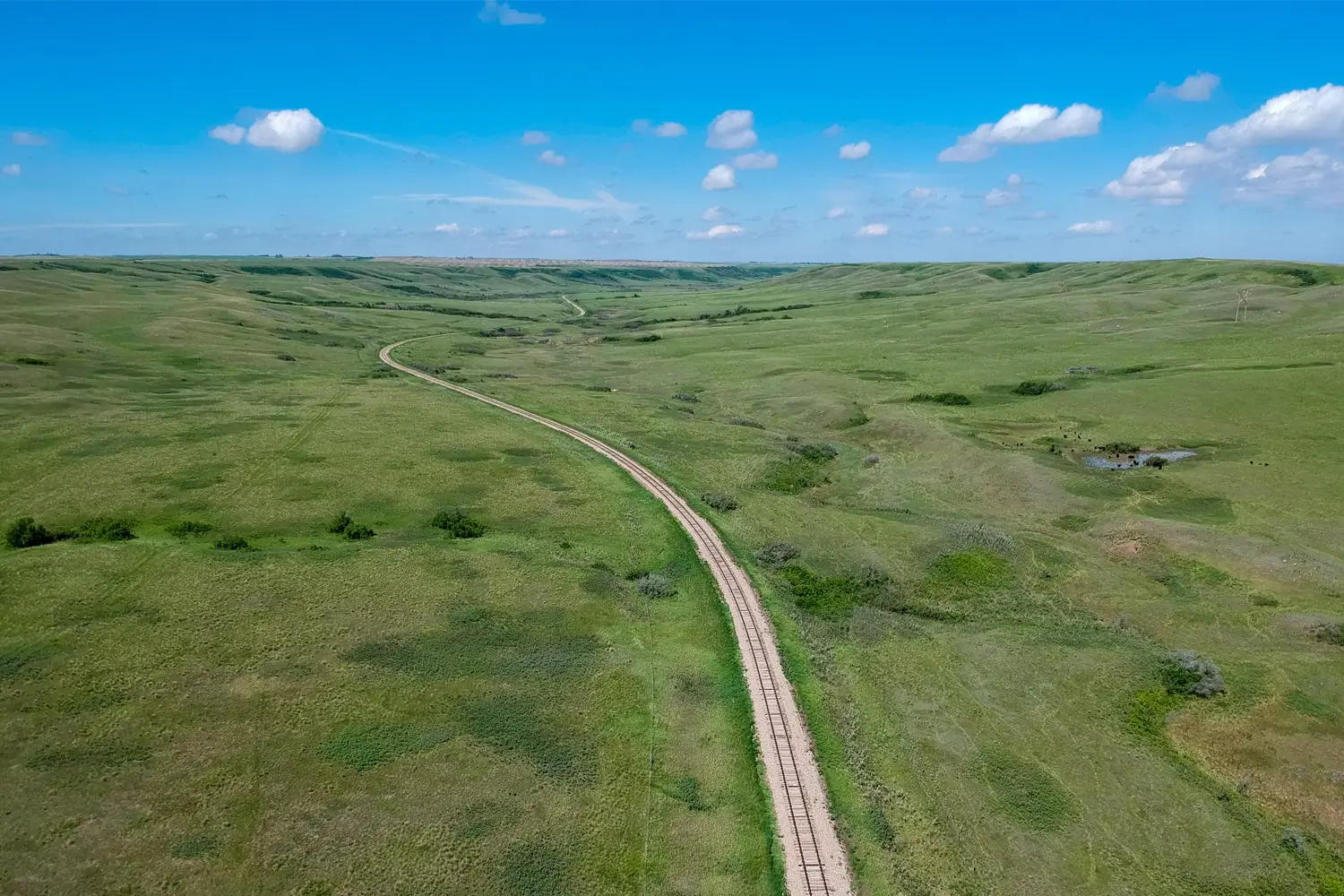
Development of the railway network continued across Manitoba, Alberta, and Saskatchewan with the construction of branch lines in the early 1900s. Reaching out like fingers from the main lines, branch lines connected rural communities and supported the movement of agricultural products, commodities, and passengers across Western Canada.
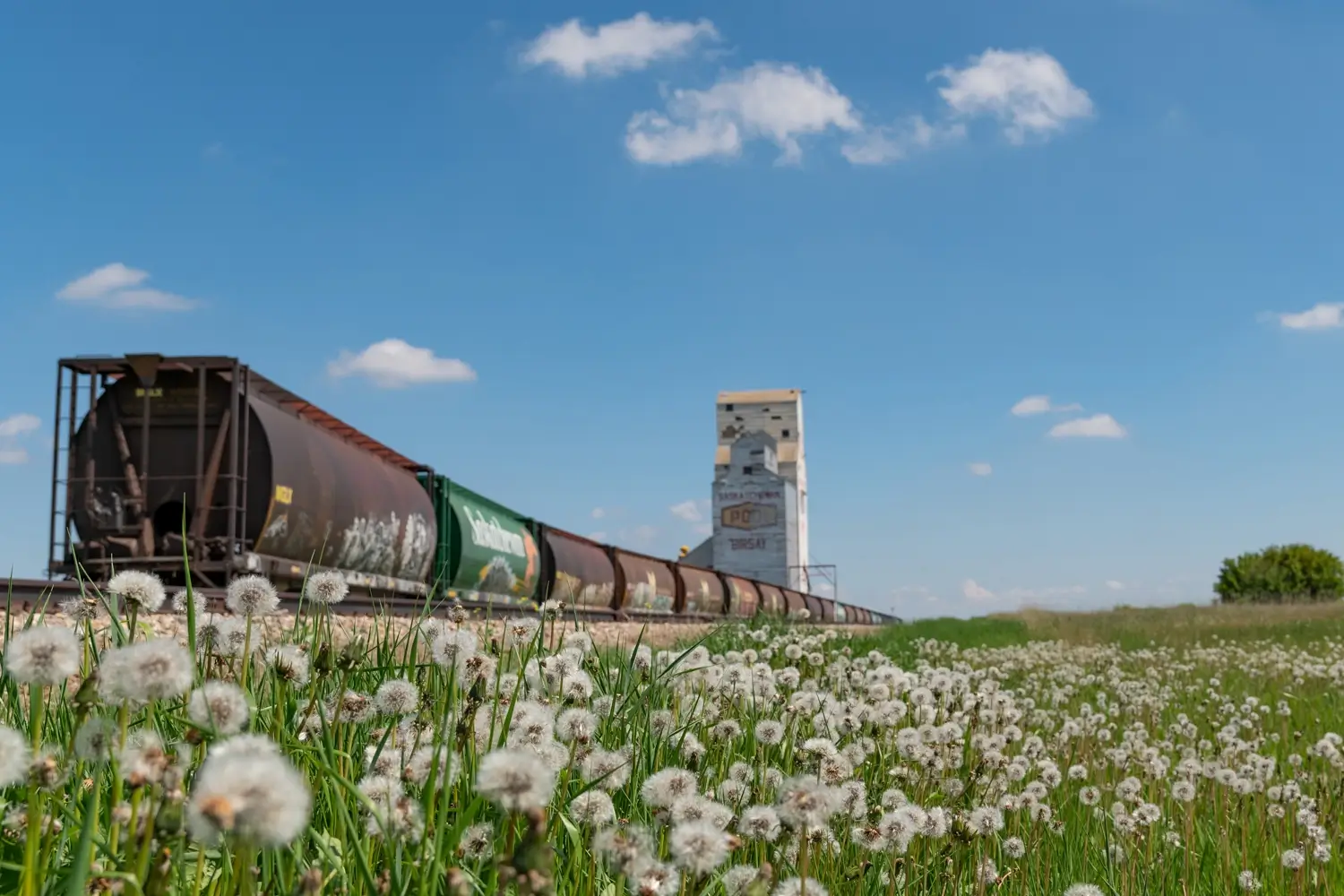
Beginning in the mid 1990’s, CN and CP (now CPKC) began the process of abandoning miles of branch lines that no longer fit their business model. Once slated for abandonment, these lines were torn out and scrapped or purchased by new operators, including community and producer groups. Many short line railways were founded to maintain operations on these rural branch lines.
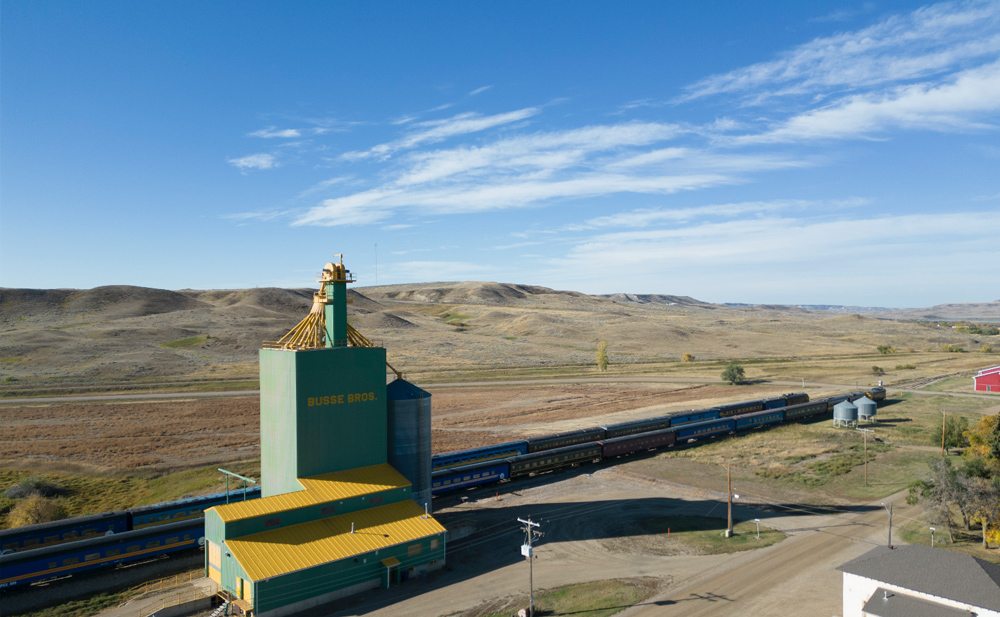
Due to the efforts of the provincial government and entrepreneurial groups, many abandoned branch lines in Saskatchewan were retained and converted to short line operation. Saskatchewan short lines own and/or operate 24% of Saskatchewan’s 8722 kms of track. In Alberta, most of the abandoned tracks were removed.

The Western Canadian Short Line Railway Association was founded in 2007 as the Saskatchewan Short Line Railway Association. At that time, the goal was to represent the unique needs of grain-primary railways and producer car shippers in Saskatchewan. Our mission has since expanded to represent the interests of 18 short line railways across Western Canada, businesses that move a range of commodities with diverse rail services.
5 – The infrastructure retained on short line railways has a significant role in Canada’s supply chain future. There are many ideal development sites for small and medium sized businesses, value-added agricultural businesses, and transloading across our network. Many communities across the Prairies can credit their existence to the arrival of the railway and these tracks continue to offer new economic opportunities for growth and development.
104 - 502 Cope Way
Saskatoon, Saskatchewan
OFFICE HOURS
Monday - Friday
8AM - 4PM
CONTACT
rachel.mackenzie@wcslra.com
(306) 628-8102
